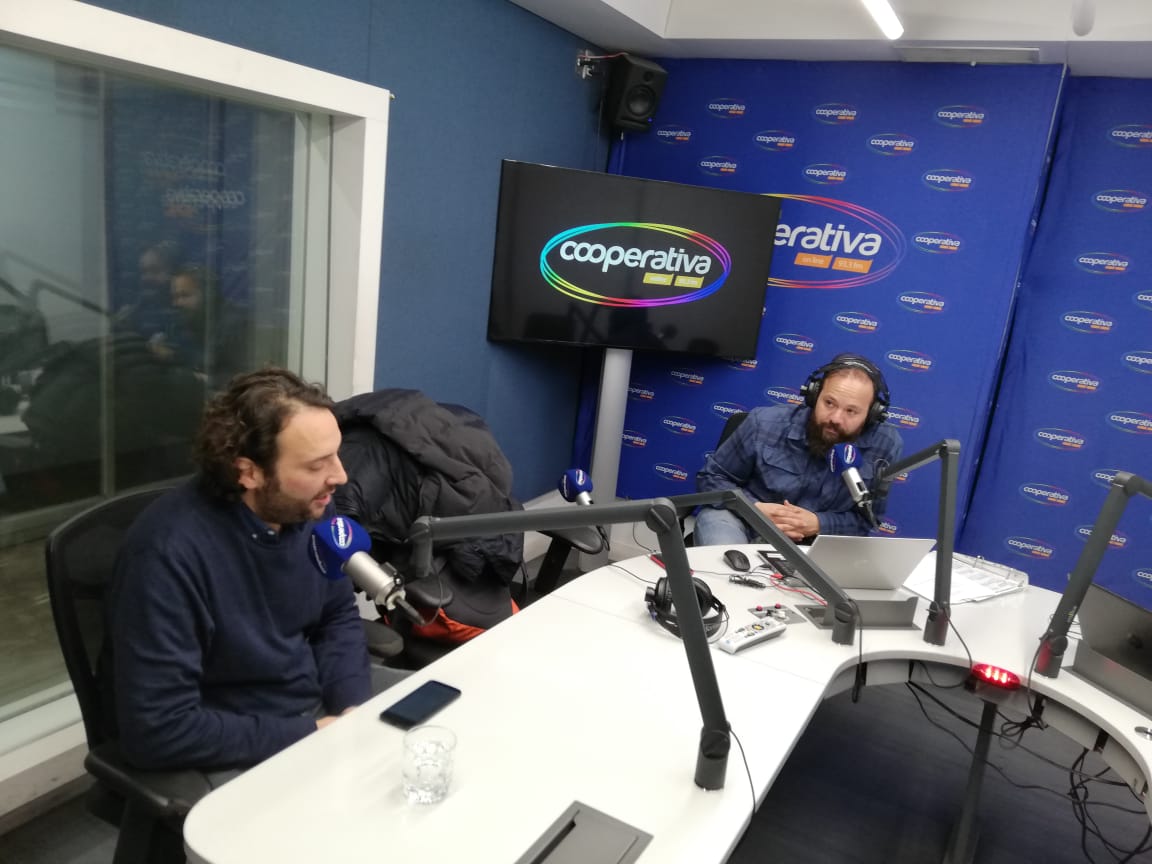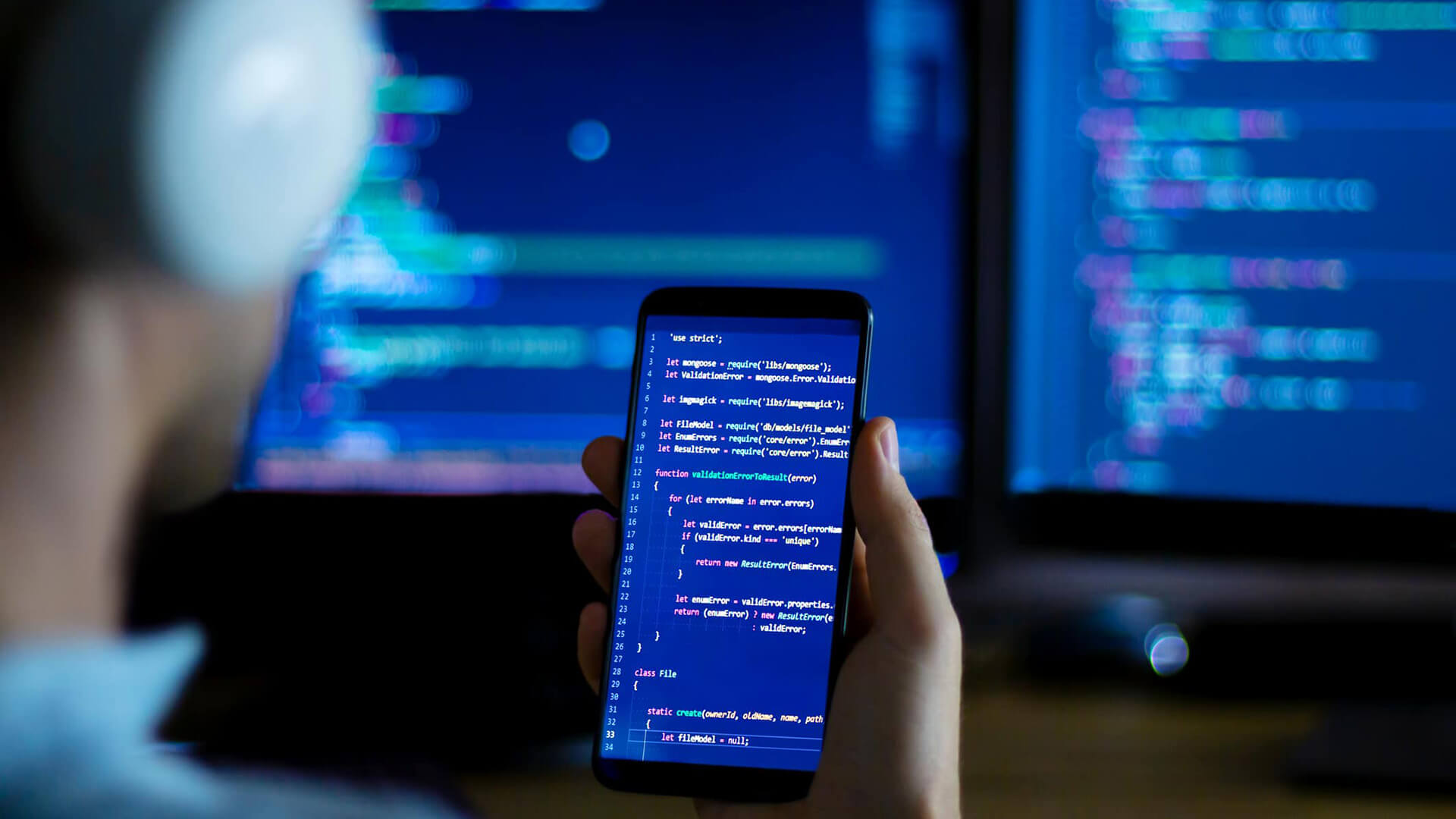
Fake news in Chile: study led by an IMFD researcher shows who and how they share fake news
"In the medium and long term, false news has a super corrosive effect, because to the extent that you believe it is true, you begin to lose confidence in the entire political system," said the researcher in an interview with El Mercurio.
It is probably the first empirical study of public opinion on fake news in Chile. “The Paradox of Participation Versus Misinformation: Social Media, Political Engagement, and the Spread of Misinformation” is the title of the research published in Digital Journalism, one of the scientific journals with the greatest impact in digital journalism, Sebastián Valenzuela -IMFD researcher and academic from the Faculty of Communications of the Catholic University-, along with Daniel Halpern, James E. Katz and Juan Pablo Miranda, academics from UC and Boston University. The topic? False news, or fake news, in Chile, profiling who and how they spread false news in the country, among other issues related to disinformation.
Through a survey of a national sample of Internet users in two waves, the first carried out in 2017 and the second in 2018, the study quantifies how exposed Internet users are to false information, how many believe it to be true, and how many share it. with your contacts. “More than 75% of those surveyed reported being aware of at least four statements that were false, especially those related to rumors surrounding the great forest fires of 2017 and scientific myths related to vaccines,” details Sebastián Valenzuela.
However, the proportion of respondents who believe these stories to be true is considerably lower. On average, only 24% of respondents consider the claims to be “very” or “extremely credible”.

According to the study, regardless of whether the topic was politics, health or disasters, the vast majority of users, particularly Facebook and WhatsApp, have been exposed to false news. “The full glass is that the percentage of people who say they take these false news as true is much lower,” said Sebastián Valenzuela in an interview on Cooperativa radio, on the “Hablando de” program.
The study also explores what political, social, and media consumption factors determine whether users spread false news. Among the findings of the paper, it is shown that the people who distribute false news in Chile are a very vocal and activist minority on social networks, who are committed to political and social causes. Also that the people who share them often do so knowing that they are false. “The problem in Chile is serious because without interference like Russia’s in the United States elections, for example, the level of exposure and dissemination of false news is similar between Chile and the United States,” says Valenzuela.
“In the medium and long term, false news has a super corrosive effect, because to the extent that you believe it to be true, you begin to lose confidence in the entire political system,” said the IMFD researcher in an interview published by El Mercurio, in the Reports section, about the investigation.
Sebastián Valenzuela is PhD in Communications from the University of Texas at Austin, United States. In addition to his participation in the IMFD, he is an associate researcher at the Research Center for Integrated Disaster Risk Management (CIGIDEN). His research focuses on public opinion, political communication, digital social media, and journalism, topics on which he has written more than 50 scholarly publications. He was a visiting professor at the University of Wisconsin-Madison and currently serves as Director of Research at the UC College of Communications.
The full study is available in HTML format, here:
